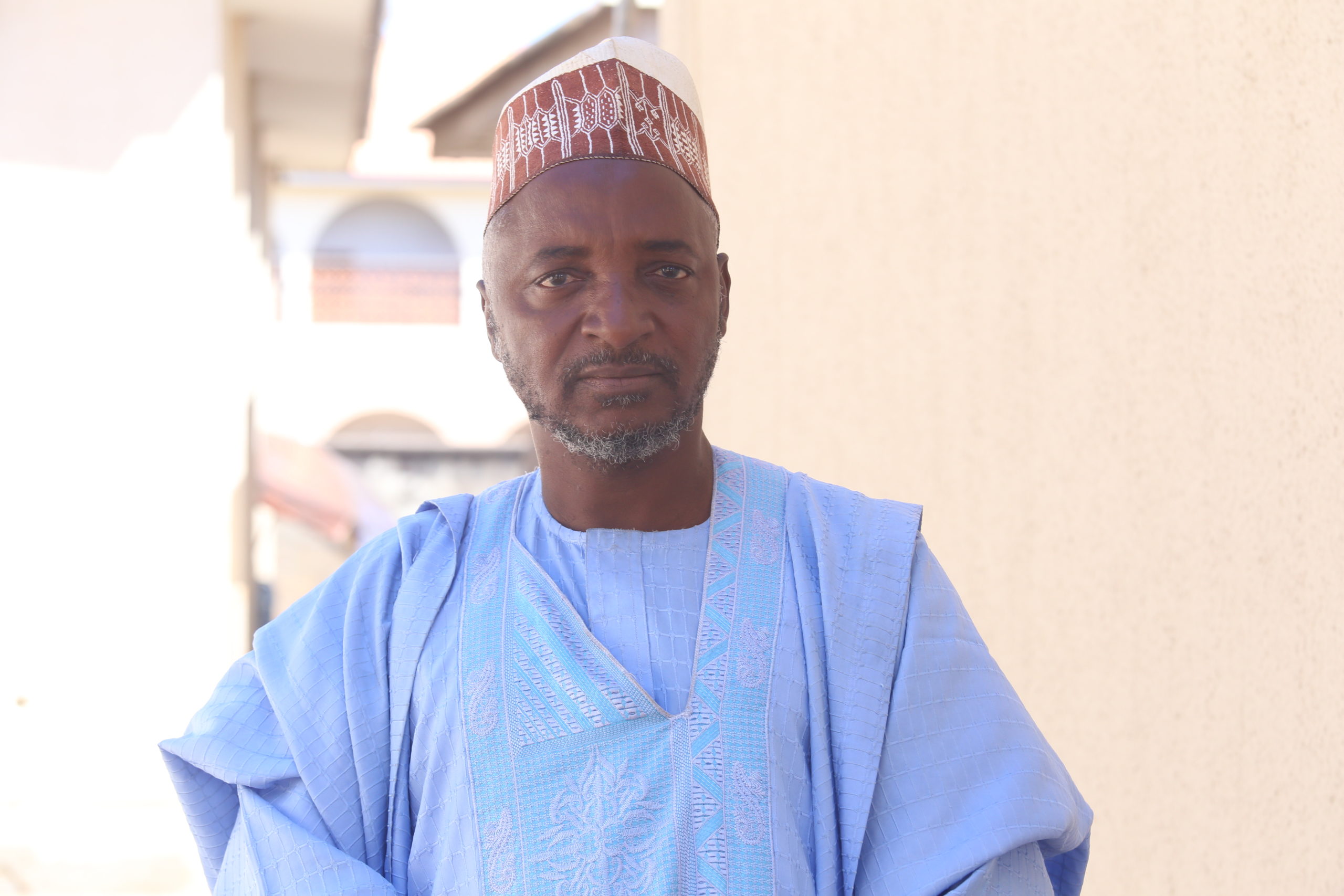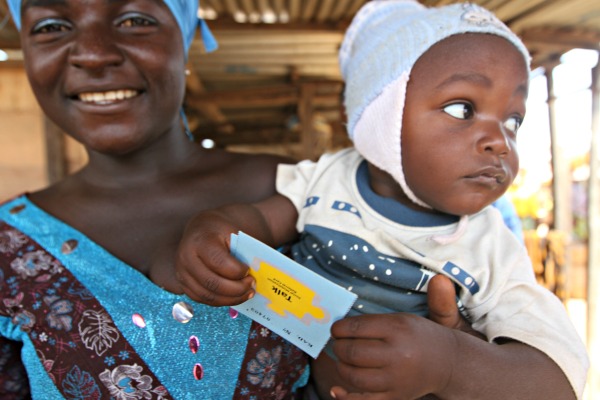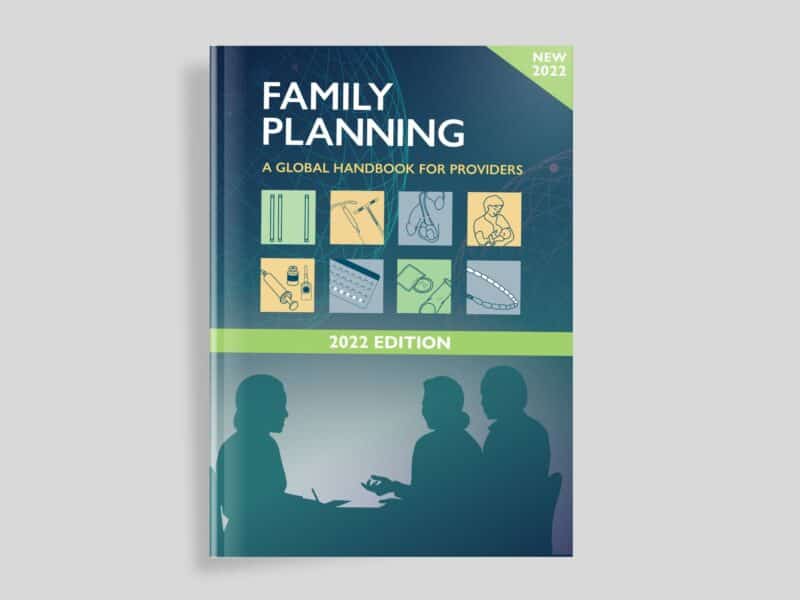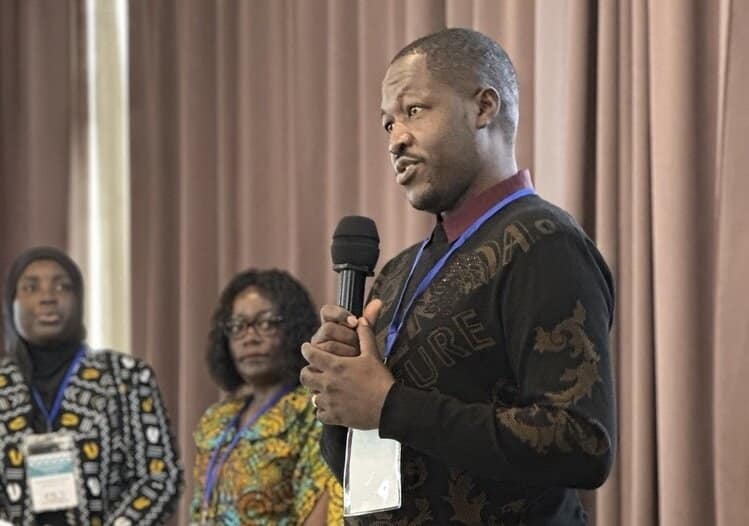Ten years ago, it was not always easy to openly discuss modern family planning in Nigeria’s Kaduna State.
“We considered family planning a rotten idea or ideology to cut the numbers of Muslims in the world,” says Imam Musa Tanimu. “It was totally rejected, especially from the interpretation by the media saying ‘it was to curtail the population.’ … We found it very difficult to clear that misinterpretation.”
That was before, before the Johns Hopkins Center for Communication Programs’ Nigeria Urban Reproductive Health Initiative, funded by the Bill & Melinda Gates Foundation. In the decade since NURHI began, the landscape of family planning across the country has vastly changed. In Kaduna, where NURHI officially ends today, nearly 200,000 more women are using modern contraception than a decade ago. They are more likely to be counseled on all family planning methods and they are more likely to reject the myths and misconceptions many had about modern contraception in the past.
“Ten years ago, we set off to make family planning a social norm in Nigeria,” says Susan Krenn, CCP’s executive director. “From a proposal on paper with some pretty radical ideas to the successful culmination of the project today, we couldn’t have done this without the investment and people at the Gates Foundation and our many partners, including those in government. And we celebrate the end of NURHI knowing that what we have started will continue on.”
In Kaduna, the use of modern contraceptives has risen from only 8.4 percent of married women in 2008 to 13.7 percent in 2018 (NDHS 2008 and 2018).
In many ways, NURHI has changed the way family planning programs work. CCP took on not just demand creation, but demand creation and service delivery and advocacy, with a social and behavior change communication lens and research- and evidence-based programming.

Imam Musa Tanimu of Kaduna State in Nigeria
It began, of course, with demand. Before NURHI, few Nigerians were seeking out family planning services and what was there was of poor quality. Contraceptive supplies were often out of stock and systems weren’t in place to remedy that. Few service providers had basic skills and providers were often biased against providing contraception to their own clients.
To change behavior, NURHI conducted a years-long ad campaign for the new Get It Together brand, which carried into clinics, encouraging people to go to clinics to understand their family planning options. CCP created a radio drama and a TV series, Newman Street, which was shown to change behavior when people tuned in.
Many health clinics in Nigeria are under-utilized with women staying away from the rundown and poorly functioning facilities. To boost family planning, NURHI developed the 72-Hour Clinic Makeover, which physically transforms these clinics over a long weekend, improving the buildings and providing needed new equipment. At the same time, NURHI worked to improve counseling and ensure contraceptive supplies are fully stocked.
The makeover itself may be quick (beginning on Friday afternoon and wrapping up on Monday), but months of planning and preparation goes into determining what needs fixing and replacing and how it will be accomplished. NURHI prioritized facilities in areas with a large pool of potential clients and involves the government, service providers and the local communities with every step of the process. The makeover brought communities and providers together to fix what’s wrong. More than 500 makeovers have been completed and now other programs are following NURHI’s lead to do makeovers in other countries.
In every clinic that has gotten a NURHI makeover, visits are up, especially those for family planning services.
Building on the successes of NURHI, the Gates Foundation continues its family planning work in Nigeria and elsewhere through The Challenge Initiative. CCP will continue to lead that work in Nigeria.
In Kaduna, much of NURHI’s success can be traced to its massive social mobilization efforts (nearly 600,000 people reached by health workers) and efforts like the one involving Tanimu. Attitudes toward family planning in Kaduna have changed radically since 2010, he says. According to surveys conducted by NURHI, women are much more likely to have heard a religious leader speak favorably about family planning now than in the past.
Tanimu and other faith leaders have been brought together by NURHI to help understand that religion and modern contraception are compatible. Together, they have decided to talk about childbirth spacing instead of family planning, making it more acceptable under religious teachings.
And many faith leaders have turned family planning cheerleaders.
“The only way to penetrate the community was through traditional or religious leaders because, here in the north, the people consider statements of religious leaders pivotal on some issues,” Tanimu says. “Through the training we received from NURHI, we were able to talk about [family planning], we were able to disseminate, and we were able to … train the coming generation and our population.”





